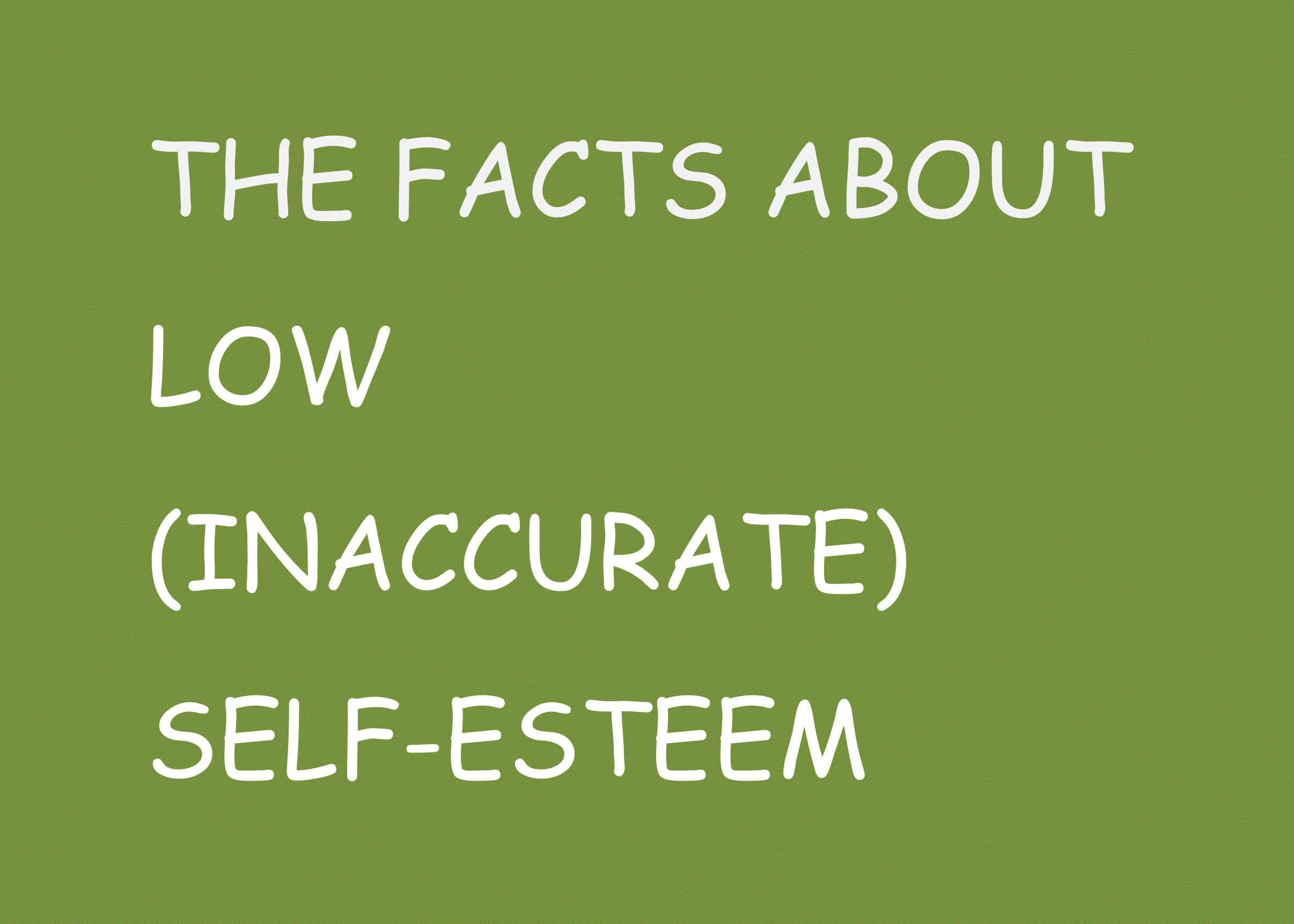
The problem of low self-esteem ( LSE) has been around for many years. In fact, LSE has almost become a psychological cliche which in some ways is misunderstood.
Nonetheless, having a poor self-image can cause a number of emotional and relational problems. Loneliness and the Human Need for Connection | Pastoral Counseling Syracuse NY (revmichaelheath.com) How Low Self-Esteem Affects Relationships peacefulmind.com.au)
Today I want to clarify, refocus and define the problem of low-self-esteem as one stemming from a distorted/inaccurate perception of self. In doing so, I want to step back and explain 1) Why having a positive self-image is so important , 2) The basic components of a positive self-image and 3) How self-esteem is damaged. Characteristics of High and Low Self-Esteem – PsychSkills
What Is Self-Esteem and Why Does It Matter ?
Some tend to think of self-esteem (SE) as either high or low. I suggest that it is more helpful to understand self-esteem on a spectrum which ranges from exaggerated/positive to exaggerated/negative. Healthy self-esteem, then, can be seen as an accurate assessment of one’s abilities which falls in the middle.
Likewise. SE has a contextual component, i.e. how one measures up in relation to others. For example, a person may view their abilities as superior, equal to or inferior to others. Self-esteem becomes problematic when a person has a fixed sense of themselves e.g. as either being always inferior or always superior regardless of the situation.
The crucial aspect of self-esteem is its accuracy. Itis important because it reveals how realistically a person perceives and relates to, not only themselves, but also others and the world. Inaccurate assessments of one’s own and others’ abilities can interfere with successfully navigating life’s challenges.
The Emotional Components of Self-Worth
Most folks who study the subject believe that, from birth. children begin life with a positive outlook about themselves and do not have a self- esteem problem. How they grow to see themselves is learned from others, especially parents and or early child- care providers.
Over time, when a child is consistently affirmed, s/he will develop a generally positive and accurate assessment of themselves. Here are five basic qualities that a person with accurate sense of him/herself possess. They :
— Have a clear and realistic sense of their personal identity and abilities. They are not dependent on the approval of others to feel good about themselves. Although they sometimes feel disappointment and regret, they don’t despair when things don’t go well. Overall, they understand that it is okay not to be perfect.
— Are happy with the present and do not rue the past or long for an unrealistic future. They accept mistakes and failures and are not obsessed with them. Likewise, they have realistic goals and are also able to enjoy the present.
— Are transparent and honest to themselves and with others. They are not burdened by a sense of inferiority or shame, they have neither the need to exaggerate, minimize or modify the facts of their experiences to bolster a wounded ego.
— Are flexible and are able to adjust to unexpected changes reasonably without becoming overwhelmed or irrational. They understand that surprises and unexpected events are inevitable frustrations which are a part of life.
— Have good balance between caring for others and self-care. They are able to be both assertive and direct about communicating their needs and feelings but also are able to compromise with the needs of others. The 10 Characteristics of High Self-Esteem and How to Develop Them – Self Help for Life
What Damages Self-Esteem
In general, poor self-esteem has its roots in childhood. Most low self-esteem stems from some form of parental malpractice. A child’s positive feelings about themselves are damaged by persistently inaccurate and or exaggerated or minimized feedback from important adults or other family members.
For example, constant, undeserved negative feedback negatively shapes how a person thinks about themself and their abilities. The inaccurate feedback can result for a number of reasons: — Generational Transmission Parents often unfairly criticize a child’s behavior because that’s the way that they were treated when they grew up. — Unrealistic Expectations Parents often have unrealistic expectations for a child based on an inadequate understanding of child development or an accurate assessment of their child’s abilities. — Failure to Respect Generational Boundaries. , i.e. parents who violate generational boundaries by depending on a child for emotional support or to achieve a parent’s own unfulfilled goals. — Holding on to or Blocking a Child’s Need to Individuate
Any of these situations can create a false sense within the child that they SHOULD BE ABLE to do what is impossible or are NOT ENTITLED to their own unique identity and life. The fact that they are repeatedly and exclusively exposed to false negative feedback creates a false sense of inferiority.. 8 Common Examples of Low Self-Esteem | Psych Central
Obviously, no one has perfectly accurate self-esteem. Everyone has experienced trauma which has created distortions and warps in their perceptions of themselves. That said, it is important to understand that developing a mostly accurate self-esteem is not impossible to attain. Major self-image distortions which interfere with life can be exposed and overcome.
If you suffer from a sense of inferiority or feel that you just aren’t good enough, talking with a professional can really help.
Rev. Michael Heath, LMHC, Fellow AAPC 12 15 2022



